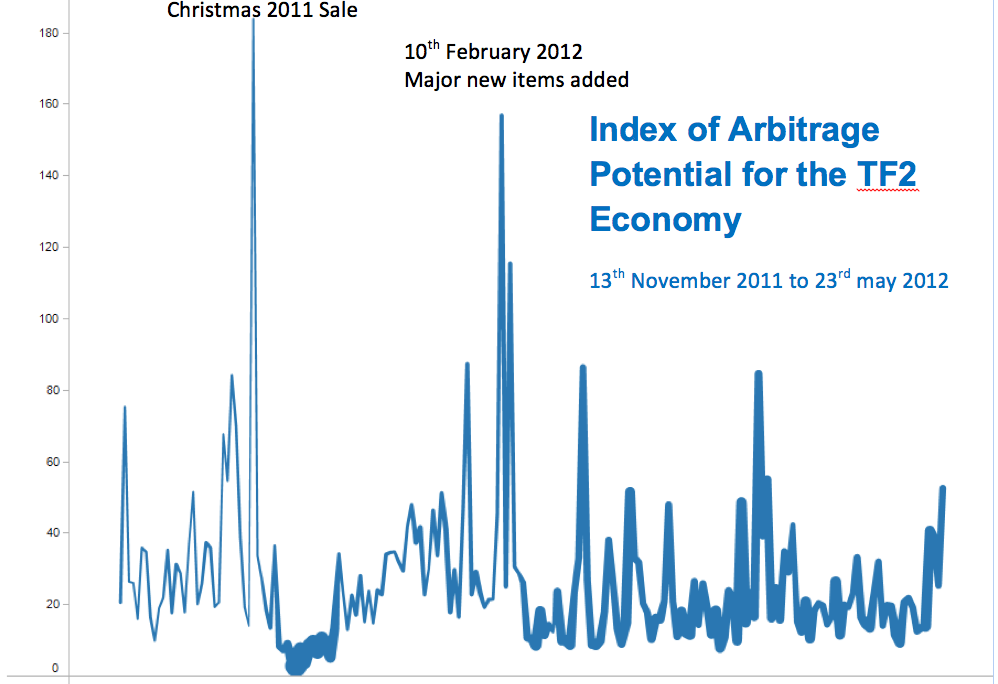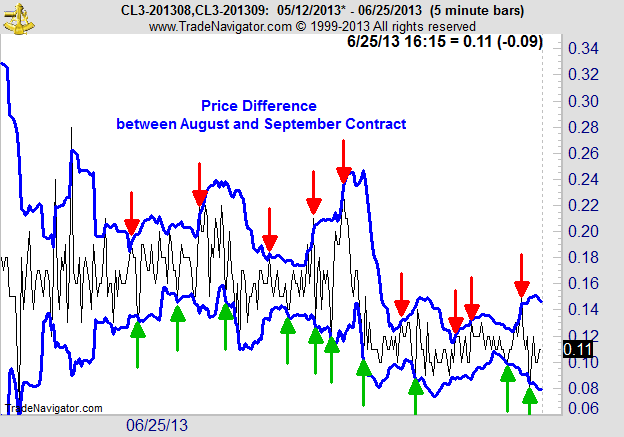Definition and Examples of Arbitrage Trading
Post on: 28 Май, 2015 No Comment

Arbitrage, or true arbitrage, involves buying and selling a security and taking advantage of prices differences that may exists on different markets. While rare, this does happen from time to time. For example, suppose you find on eBay that someone is selling a brand new iPod for $150 while the local store is buying the same iPods for $170. In theory, you can buy all the iPods available on eBay and sell them all to the local store, pocketing $20 per music player. Taking advantage of this price inequality is the essence of true arbitrage.
In the old days when computers werent as sophisticated, humans can spot these price inequalities in financial markets and take advantage of them. However, complex programs nowadays are able to spot these so quickly that it is extremely difficult to truly take advantage of this type of risk less arbitrage without developing complex trading programs yourself.
Risk Arbitrage
The good news is that with some added risk, everyone can still profit from whats known as risk arbitrage. The major difference between true and risk arbitrage is that you are trading a different security in the latter . The risk comes in because while the two securities in question might be related, they are different and the relationship can change at any point in time.
Another less obvious difference between the two types of arbitrages is that while true (or pure as it is sometimes called) arbitrage takes place instantly (you buy and immediately sell it), risk arbitrage can take days (if not weeks or even months). This added time lapse is never good, because as time goes on, there are more risk for the dynamics of the relationship to change.
Examples of Risk Arbitrage
- Merger and Acquisition Arbitrage The most common type of risk abitrage is the price inequalities that is created when a merger or acquistion is announced. Typically when this happens, the acquiring companys stock price usually drops in case the deal doesnt go through, while the stock price of the company being acquired shoots up close to the offered price (usually at a siginificant premium to the current traded price). It is interesting to note (and the key to profiting from it) that while the stock price of the acquired company rises, it will never reach the full offered price because there is always a risk of the deal not happening. Therefore, we can take advantage of this by buying stock of the acquired company and as the deal becomes more likely, the stock will rise.
- Interest Rate Arbitrage When you are able to borrow at a short term lower interest rate and invest with higher interest rates long term, you are practicing arbitrage. Most people arent able to take advantage of this because these types of arbitrate most exists in inter-country rates. For example, many people for years have been taking advantage of the low interest rates in Japan loans to invest in the stock market.
- Futures Contracts and Derivatives Arbitrage Another common type of artibrage exists with options and all other derivatives related to the underlying stock price. While these should all be in sync with the actual stock price, they often do not due to the supply and demand nature of all these investments trading in the open market. Therefore, there are many opportunities for us to profit if we can spot the dynamics of the relationships.
- Funds Arbitrage Since mutual funds and ETFs all buy and sell assets and at the same time have a value, there are opportunities for arbitrages. For example, lets say that you were able to find a mutual fund and ETF with the exact same portfolio. In theory, their price relationship should stay constant at all times. However, as ETFs are traded on the open market and mutual funds are not, there could be times that enough of a price inequality exists for you to profit. Of course, it is pretty much impossible to find a mutual fund and ETF that has the exact same portfolio, but people are able to profit when more complex models are used as long as the relationship of the two funds are correlated and predictable.

As long as a pricing relationship exists and are correlated, it can be a form of risk arbitrage. Therefore, there are in theory unlimited number of arbitrages to profit from. The key is to be absolute certian that you understand the sometimes complex correlation.
What Does Arbitrage Trading Mean for Us
While it often seems like a great opportunity to profit without much risk, arbitrage is considered a more advanced form of investing and should only be considered if you understand exactly what the risks are. More often than not, investors underestimate the risks involved and is caught off guard when results dont happen the way it was intended.
To be able to consistently profit from arbitrage, having a deep understanding of the securities and pricing relationships involved is key.














